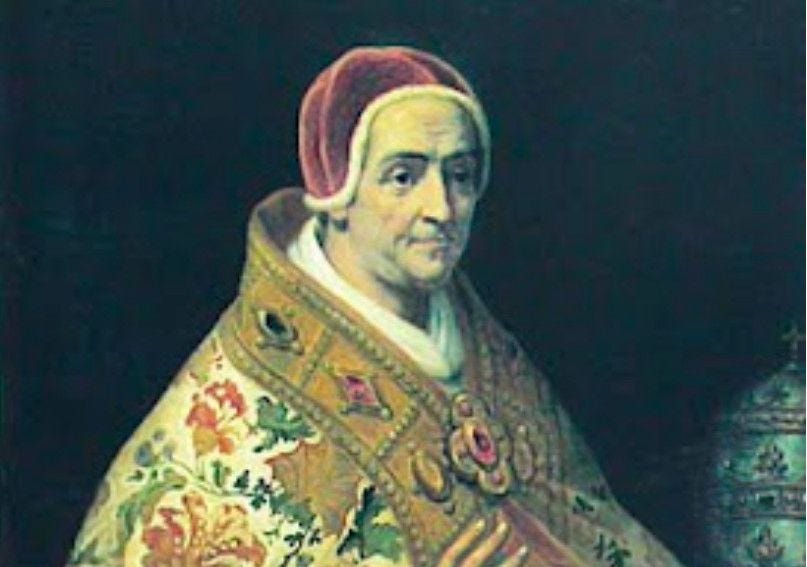
Hey everybody,
I’m writing to you this morning from a quick trip to California, which is why The Tuesday Pillar Post might seem a bit later in your inbox today - it is still early on the west coast.
On Sept. 20, 1378, most of the Church’s College of Cardinals met under lock and key outside of Rome, to elect Cardinal Robert of Geneva as the pontiff, Pope C…
